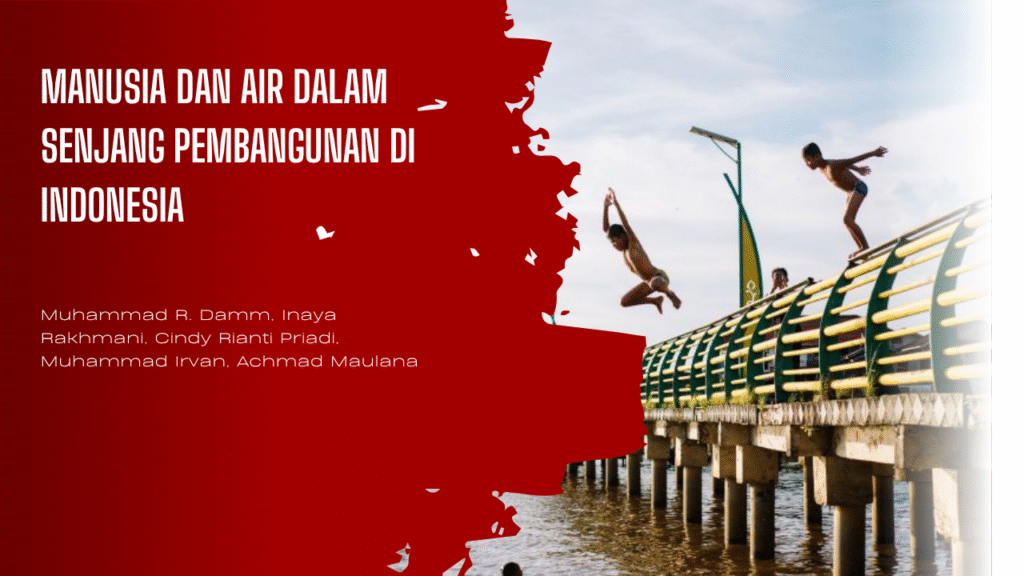Abstrak
In the rapidly urbanising cities of Indonesia and Southeast Asia, slums around rivers and floodplains have become home to the poorest. The urban poor suffer the most from water problems, which have become more frequent and routine in recent decades. Since around the end of the 20th century, urban planning has shifted from massive state urbanisation projects, including water management that underpins national economic growth, to governance that is socio-ecologically sustainable, decentralised, and market-based.
This book addresses the resilience of the urban poor — the ability of local communities to bounce back in the face of climate disasters, particularly floods and sea level rise. How does resilience relate to inclusive water governance, and how does it fit within a broader framework of developmental disparities? The authors address these human and water issues based on their research in a number of rivers in Bima, Pontianak, and Manado between 2021–2023.


